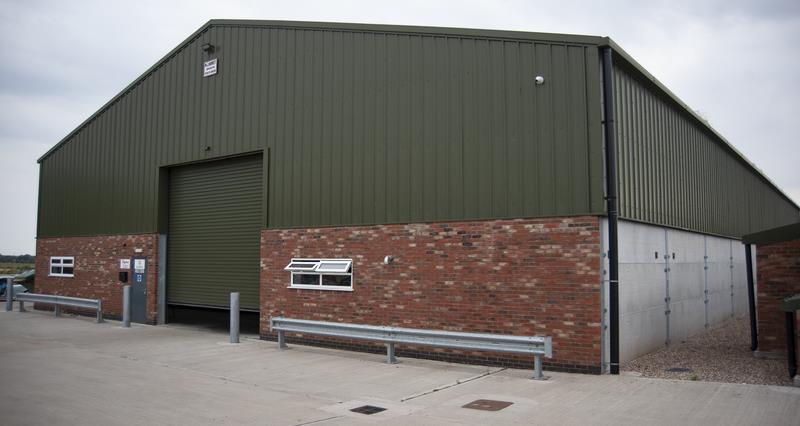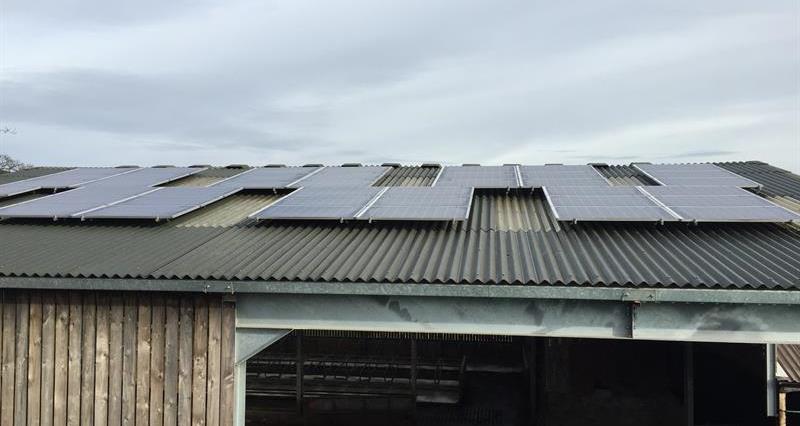Do I need planning permission to install solar panels on an agricultural building?
Installing solar panels and equipment on buildings and land may be ‘permitted development’, with no need to apply to your LPA (local planning authority) for planning permission. However, there are important limits and conditions which must be met for you to benefit from these permitted development rights.
Planning permission may not be required to install solar panels on any agricultural building provided:
- Solar panels installed on a wall or a pitched roof should project no more than 200mm from the wall surface or roof slope.
- Where panels are installed on a flat roof the highest part of the equipment should not be more than one metre above the highest part of the roof (excluding the chimney).
- Equipment mounted on a roof must not be within one metre of the external edge of that roof.
- Equipment mounted on a wall must not be within one metre of a junction of that wall with another wall or with the roof of the building.
- If the equipment is on the roof of the building the capacity for generation of electricity across the whole of the site cannot exceed 1 megawatt.
- Solar panels must not be installed on a listed building or on a building within the grounds of a listed building, or on a site designated as a scheduled monument.
Solar panels must not be installed on a wall or a roof slope which fronts a highway if the building is located in:
- conservation areas
- areas of outstanding natural beauty
- national parks
- the Broads
- world heritage sites.
If you want confirmation that you don't need planning permission to install solar panels, you can apply for a Lawful Development Certificate from your LPA.
Providing evidence
This certificate provides evidence that planning permission is not required for the solar panels. It can be helpful when seeking grants or in the event that the property is later sold (as part of the due diligence process, purchasers’ solicitors will often ask for confirmation that planning permission was not required at the time of installation).
If you want to make an application for a Lawful Development Certificate then NFU planning consultants CT Planning can help you.
One-stop shop for solar PV support
If you are considering solar PV installation, we recommend getting in touch with our energy consultancy partner, NFU Energy. They can offer feasibility services to see if your proposed renewables project is worth it, as well as recommending which renewable energy solution is right for you.
NFU Energy’s Renewable Energy Solutions service gives you one-stop shop access to leading installers, finance and insurance, taking away the hassle and headache of knowing where to start. The team will support you at every stage of your installation journey and can help with all renewable technologies including solar, wind, battery storage, anaerobic digestion, plus much more.
Find out more about the services offered by the NFU's CT Planning arm by calling 01543 418 779 or visiting ctplanning.co.uk.
More from NFUonline:

Watch again: How to install renewable energy projects on farm

Government responds to proposals for changes to permitted development rights
